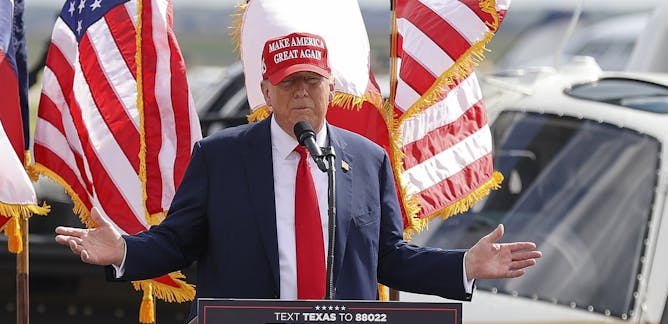Uptick in US-China Flights Is Still Not Enough
The number of direct flights is a barometer for the closeness between the two states and between the states’ peoples. It is impossible to have no interaction between the peoples of the two largest economies in the world. Indeed, the Americans and the Chinese share common aspirations for more convenient channels of communication and at lower costs. Social media is abuzz in both nations with the recent news about the reinstatement of direct flights. With the gradual restoration of in-person exchanges this year, American business magnates such as Elon Musk, Bill Gates and Tim Cook rushed to China. This goes to show that it is not only inappropriate for the U.S. and China not to deal with each other, but is impossible.
Many netizens have been complaining there are still too few direct flights. There is a lot of room for growth. Previously, at the peak, there were more than 300 flights per week, carrying more than 5 million passengers a year between China and the U.S. At San Francisco, the heads of state agreed to significantly increase direct flights early next year. When it comes to implementing a consensus reached by heads of state, China has always been extremely effective. It is hoped that the U.S. will be similarly effective in such obvious win-win areas as increasing flights and promoting cultural and in-person exchanges.
The citizens of China and the U.S. have consistently expressed a keen interest in fostering exchanges and cooperation, as seen in the $700 billion trade volume and $260 billion in mutual investment. Unfortunately, these needs and wishes, which were abruptly and unavoidably called to a halt when COVID-19 struck, have now been artificially suppressed by Washington politicians who are rubbing salt in the wounds of a damaged relationship. While the impacts of COVID can be overcome, it is the adverse restrictions enforced by Washington that present real concerns and lie at the heart of our apprehensions regarding the U.S.-China relationship.
Although the possibilities of in-person exchanges are dictated by politics between the two countries, in-person exchanges can also be effective in improving U.S.-China political relations. With the accumulation of goodwill between both populations, misunderstandings diminish and are eradicated, while shared interests are affirmed and broadened. The positive feelings between the peoples and strong public opinion are a mandate that cannot be ignored by politicians, nursing U.S.-China relations back to health. As Chairman Xi says, “The hope of the U.S.-China relationship lies in the people, its foundation is in our societies, its future depends on the youth, and its vitality comes from exchanges at subnational levels.”
Some sitting in Washington clearly do not wish to see Americans and Chinese side by side again. Not only do they create policy obstacles, but they are also critical of those who do travel between the two countries, especially the Chinese. Furthermore, many Chinese have had their visas revoked without reason or been interrogated or even detained at the airport. Washington's suspicious, sensitive and narrow-minded mentality toward China has spread like a contagion. In-person exchanges are the social foundation of U.S.-China relations and so it is a shame that the strong willingness of both peoples to communicate is severely hindered by the extreme behavior of a small handful of U.S. politicians.
China is resolutely pursuing a policy of fully opening our doors, including to the U.S. This is in line with history’s forward march and win-win cooperation. The Biden administration is well aware that the extreme U.S. policies of the past injure the U.S. itself, and so now is showing a willingness to collaborate with China to restore in-person exchanges. However, to tear down this wall between both peoples, Washington needs to make still greater efforts. We Chinese hope the U.S. fully embraces this positive trend toward the reestablishment of stable and healthy U.S.-China relations.


/cloudfront-eu-central-1.images.arcpublishing.com/prisa/HKLWSWYWEVBPNKBNFYYCYF3GBY.jpg)